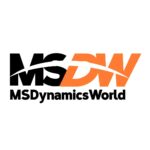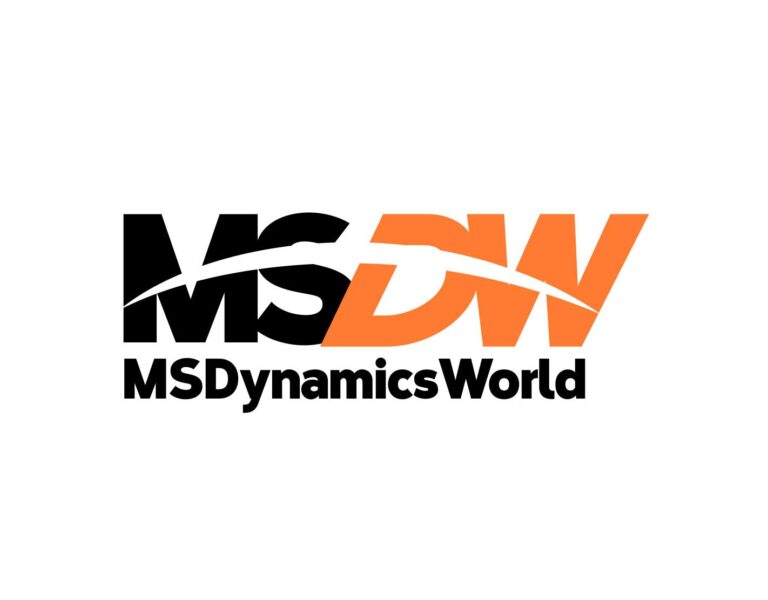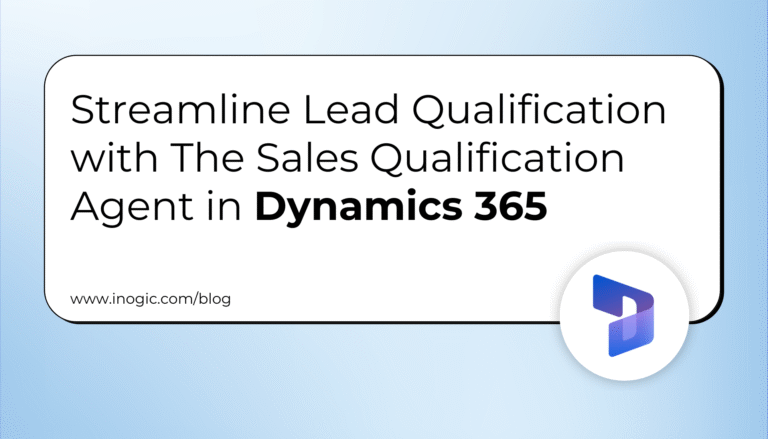Data Cloud for Personalization: Main Use Cases
You can use Salesforce Data Cloud without Salesforce Customer Data Platform (CDP) and vice versa, but their combined use enhances functionality. Salesforce Data Cloud provides the infrastructure for managing, processing, and analyzing large volumes of data from multiple sources.
Salesforce Customer Data Platform can operate without the underlying Data Cloud infrastructure. In this case, CDP would still unify customer data from various touchpoints to create comprehensive customer profiles and enable personalized marketing strategies.
Let’s explore a few scenarios relevant to most businesses.
Target Use Cases
Salesforce CDP is primarily for marketing and focuses on audience segmentation and campaign activation across multiple channels. It is ideal for marketers who need to create detailed audience segments and launch personalized campaigns using tools like Einstein optimization.
Broader in scope, Data Cloud spans the entire Salesforce ecosystem, including sales, service, marketing, commerce, and more. It integrates various information streams to drive actions, interactions, and insights across the Customer 360 platform.
Enhanced Segmentation & Segment Activation
Salesforce CDP allows marketers to build and activate complex audience segments. It supports non-technical users with features like the Audience Builder, which suggests values and allows for easy replication and sharing of segments. These segments can be seamlessly integrated into Journey Builder for campaign execution.
Salesforce Data Cloud, in addition, provides extensive activation use cases beyond marketing: it supports information absorption, Flow automation triggers, and Einstein Next Best Action. It can access info from multiple sources using native connectors and third-party plugins, enabling segment activation across websites, emails, chat, paid media, and alerts via Slack.
Underlying Architecture
Directly linked to the Marketing Cloud product suite, Salesforce CDP focuses on integrating customer data for marketing purposes. However, custom integrations may be required to connect with other Salesforce tools, such as Marketing Cloud components.
Data Cloud works with all Salesforce Customer 360 products, providing out-of-the-box connectivity. It ensures data flows efficiently across the entire Salesforce platform.
AI Capabilities
Salesforce CDP primarily utilizes Salesforce’s built-in AI capabilities, while Data Cloud offers open data capabilities. It allows organizations to integrate external AI platforms with Salesforce’s Einstein AI. This extensibility supports advanced AI models and predictions.
Analytics and Data Migration Integrations
Salesforce CDP integrates with MuleSoft to connect external apps and sources and Tableau to visualize and explore customer data. It enriches profiles with calculated insights, such as customer lifetime value and engagement scores.
Data Cloud builds on these integrations with enhanced functionality, supporting more visualization and actionable insights across the entire Salesforce platform.











